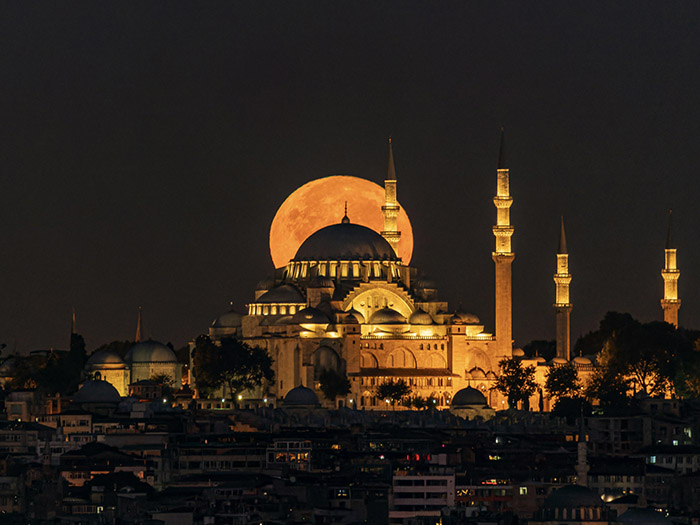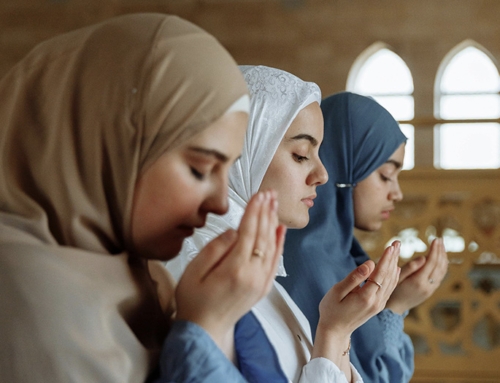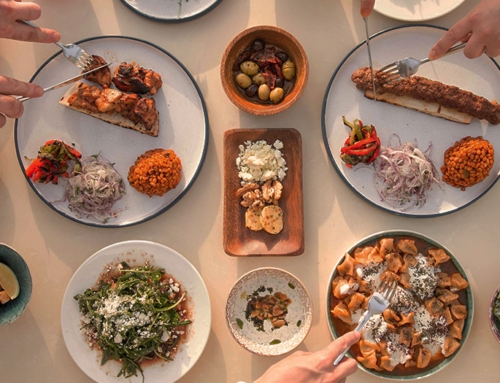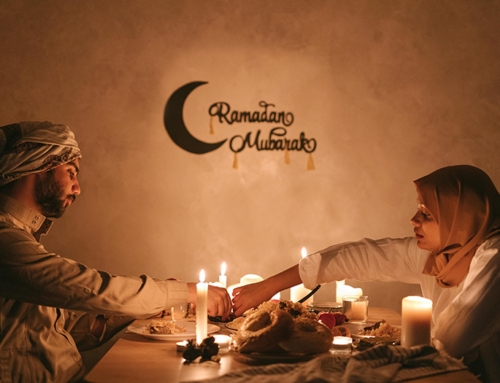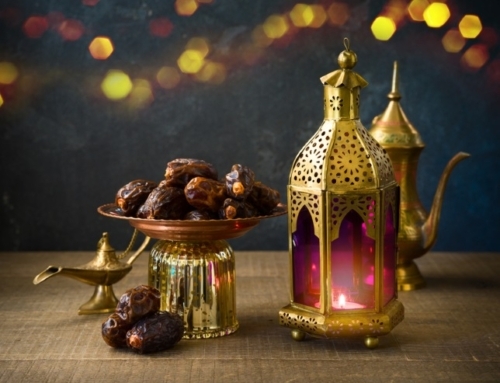For Muslims around the world, the holy month of Ramadan is a time of heightened spirituality, self-reflection, and devotion. As the month nears its end, the anticipation and excitement reach their peak during the last ten nights, which are considered the most sacred and blessed days of Ramadan. These nights hold immense significance in Islamic tradition, as they are believed to encompass Laylat al-Qadr, the Night of Power, which marks the first revelation of the Quran to Prophet Muhammad, peace be upon him. For non-Muslims, understanding the importance and practices associated with these last ten nights can provide valuable insight into the profound spiritual journey that Muslims undertake during this sacred month.
Laylat al-Qadr: The Night of Power
At the heart of the last ten nights of Ramadan lies the celebration of Laylat al-Qadr, or the Night of Power. This is believed to be the night when the first verses of the Quran, the holy book of Islam, were revealed to Prophet Muhammad by Allah through the angel Gabriel. The exact date of Laylat al-Qadr is unknown, but it is generally observed on one of the odd-numbered nights during the final ten days of Ramadan, such as the 21st, 23rd, 25th, 27th, or 29th night.
The significance of Laylat al-Qadr cannot be overstated in Islam. It is considered the most blessed night of the year, a night that is “better than a thousand months” (Quran 97:3). Muslims believe that on this night, the blessings and mercy of Allah are abundant, and the rewards for worship and good deeds are multiplied manifold.
The exact timing of Laylat al-Qadr is unknown, as God has chosen to conceal its precise occurrence. This adds to the anticipation and fervor with which Muslims seek to witness and embrace this blessed night. It is believed that Prophet Muhammad, peace be upon him, himself was uncertain about the exact date of Laylat al-Qadr, and he encouraged his followers to seek it earnestly during the last ten nights of Ramadan, particularly on the odd-numbered nights.
Seeking Laylat al-Qadr
In anticipation of this special night, many Muslims intensify their spiritual practices during the last ten ni ghts of Ramadan. Mosques often remain open throughout the night, and special congregational prayers called Qiyam al-Layl or Taraweeh are performed with renewed dedication. These lengthy prayers, which can last for several hours, are a way for Muslims to seek forgiveness, express gratitude, and pray for guidance and blessings.
During these nights, Muslims may also engage in acts of worship such as reciting the Quran, making supplications (dua), and performing extra voluntary prayers. Making supplications is an integral part of the observances during this period. Muslims pour their hearts out in sincere and fervent prayers, seeking forgiveness for their sins, expressing gratitude for God’sblessings, and asking for guidance, strength, and mercy. These supplications are often recited individually or collectively in mosques, with a deep sense of humility and spiritual connection.
Performing extra voluntary prayers is also highly encouraged during the last ten nights of Ramadan. In addition to the obligatory daily prayers. Muslims may engage in extended periods of worship, offering additional prayers known as Qiyamal-Layl or Tahajjud. These voluntary prayers are seen as a means to draw closer to God, cultivate patience and discipline, and seek forgiveness and blessings.
It is believed that the rewards for good deeds are multiplied exponentially on Laylat al-Qadr, making it a prime opportunity to seek Allah’s forgiveness, mercy, and blessings. The Quran emphasizes the immense rewards associated with worship and devotion on this sacred night: “Whoever performs a good deed on this night out of faith and sincere intention, their previous sins will be forgiven” (Bukhari and Muslim).
Itikaf: The Spiritual Retreat
Another significant practice observed during the last ten nights of Ramadan is Itikaf, a spiritual retreat in the mosque. Itikafinvolves secluding oneself in the mosque for a period of time, typically the last ten days of Ramadan, dedicating oneself entirely to worship, contemplation, and spiritual renewal. During Itikaf, Muslims abstain from worldly pursuits and everyday activities, focusing solely on prayer, recitation of the Quran, and remembrance of Allah. This practice is seen as a way to detach from the distractions of daily life and immerse oneself in a state of heightened spirituality and closeness to the divine.
While the last ten nights of Ramadan are a time for personal spiritual growth and introspection, they are also a period of community and togetherness. Mosques become vibrant centers of activity, with Muslims gathering in large numbers for the nightly prayers and Quranic recitations. Families and friends often come together to break their fast (iftar) and share meals, fostering a sense of unity and solidarity. The atmosphere is one of joy, celebration, and anticipation, as Muslims from all walks of life come together to embrace the blessings of these sacred nights.
Preparing for Eid al-Fitr
As the last ten nights of Ramadan draw to a close, Muslims begin preparing for the celebration of Eid al-Fitr, the festival that marks the end of the holy month. Eid al-Fitr is a time of rejoicing, forgiveness, and thanksgiving, where Muslims gather for special prayers, exchange gifts, and spend time with loved ones. The last ten nights of Ramadan serve as a reminder to Muslims to reflect on the lessons learned during the month and to carry forward the spirit of devotion, self-discipline, and compassion into their daily lives. It is a time to seek forgiveness, renew one’s faith, and strengthen the bonds of community and brotherhood.
For non-Muslims, observing and learning about the spiritual practices and rituals of the last ten nights of Ramadan can offer valuable insights and lessons that transcend religious boundaries. While the specific beliefs and traditions may differ, the underlying themes of self-reflection, devotion, and personal growth are universal principles that can resonate with individuals from all walks of life. By witnessing the commitment and discipline displayed by Muslims during these sacred nights, non-Muslims can be inspired to cultivate their own sense of mindfulness and intentionality in their daily lives. The act of setting aside dedicated time for spiritual pursuits, whether through prayer, meditation, or personal reflection, can serve as a powerful tool for self-awareness and inner peace, regardless of one’s religious or cultural background.Additionally, the emphasis on community, togetherness, and service to others during the last ten nights of Ramadan can serve as a reminder of the importance of fostering strong social connections and contributing positively to society. Non-Muslims can draw inspiration from the spirit of compassion and generosity that permeates these observances, prompting them to seek opportunities to make a positive impact within their own communities.
Got Questions?
We have Answers. Get in touch now.


